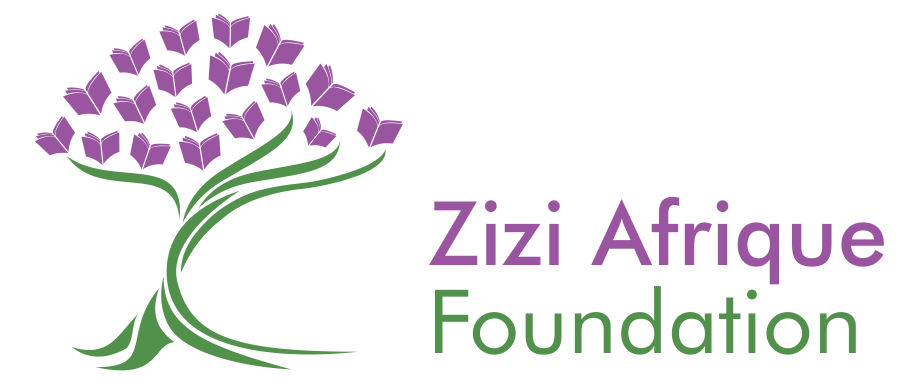Promoting Values and Life Skills in East African Schools
Directorate of innovation (DoI)
The DoI, building on an assessment conducted in East Africa in 2022, dubbed the RELI 2022 assessment of values and life skills (ALiVE assessment), revealed significant gaps in the acquisition of values and life skills among adolescents aged 13-17 years. The study found that, out of the four competencies assessed, adolescents performed best in collaboration, with 10% rated as proficient. Only 5% were proficient in problem-solving and self-awareness, and a meager 6% were rated as expressing high respect for others. The study recommended a whole-school approach (WSA) to nurture values and life skills. To address this need, the Learning Journey with Schools (LJS) project was initiated, with a focus on nurturing these competencies among 6-12-year-olds in Kenya, Uganda, and Tanzania.
Process and Objective
The project aims to bring together a learning community comprising RELI’s Values and Life Skills (VaLi) cluster members, as well as external stakeholders, to achieve the following milestones:
- Co-creation of methods, approaches, and accompanying tools.
- Learning by prioritizing and leveraging effective strategies to develop a holistic model that is tested for feasibility.
- Piloting a small-scale test of the intervention before scaling up, and,
- Collaborative advocacy. The project has conducted immersive activities in schools and reviewed promising interventions. Based on the outcomes, a draft intervention has been developed, and the project is preparing for a feasibility test of the draft intervention.
In keeping with the need to enhance learning outcomes, including nurturing of life skills and values, the DoI’s approach is to include varied education stakeholders, including parents/communities, head/teachers, and other school stakeholders, embodying a whole school approach, in promoting learning outcomes. Thus, parental empowerment and engagement (PE&E) initiative is spearheaded with aim of increasing parental involvement in children’s learning for enhanced learning outcomes. An immersion exercise has been undertaken in two counties – Bungoma and Kilifi – with the aim of identifying barriers, opportunities and motivations that could be leveraged for increased parental engagements. Additionally, the Directorate of Innovations has finalized the parental empowerment and engagement toolkits intended to guide parental engagements with head/teachers, community, and PE&E facilitators. In collaboration with RELI, National Parents Association (NPA), National Council of Nomadic Education in Kenya (NACONEK), and Kenya Primary School Heads Association (KEPSHA), the Directorate has developed a comprehensive P&E concept aimed at engaging parents who are furthest behind. This initiative aims to strengthen parental participation in their children’s education and ensure they acquire essential foundational skills.
Ministry of Education, Ministry of Interior, Teacher’s service commission, county government directorate of Early childhood and development, Civil Society Organizations (CSO), Kenya Primary School Heads Association (KEPSHA), Religious leaders, National Parents Association and parents
Efforts to advance learning remain core to the DoI. This is evidenced by DoI’s participation in a learning retreat held on May 28th to 30th in Naivasha, Kenya. The retreat aimed to enhance the initiative’s delivery towards its vision with a focus on building pedagogical excellence, moving to scale successfully, and strengthening institutional and organizational fundraising capabilities. Building on the success of the first retreat in Cape Town, South Africa, the recent retreat provided a platform for collaborative learning and strategic planning. Prior to the retreat, the consortium, comprised of ZAF (Kenya), eBase (Cameroon), TEP (Nigeria), and Funda Wande (South Africa), partnered to develop proposals for funding from the Bill and Melinda Gates Foundation (BMGF). This consortium has secured funding amounting to $165,000 which will be used to support numeracy skills in four countries, including Kenya, Cameroon, Nigeria, and South Africa. Mighty Ally, in partnership with Better Purpose, has been conducting continuous capacity development training sessions for our partners. These sessions have covered topics such as branding, peer learning, strategic positioning, and managing storytelling.
